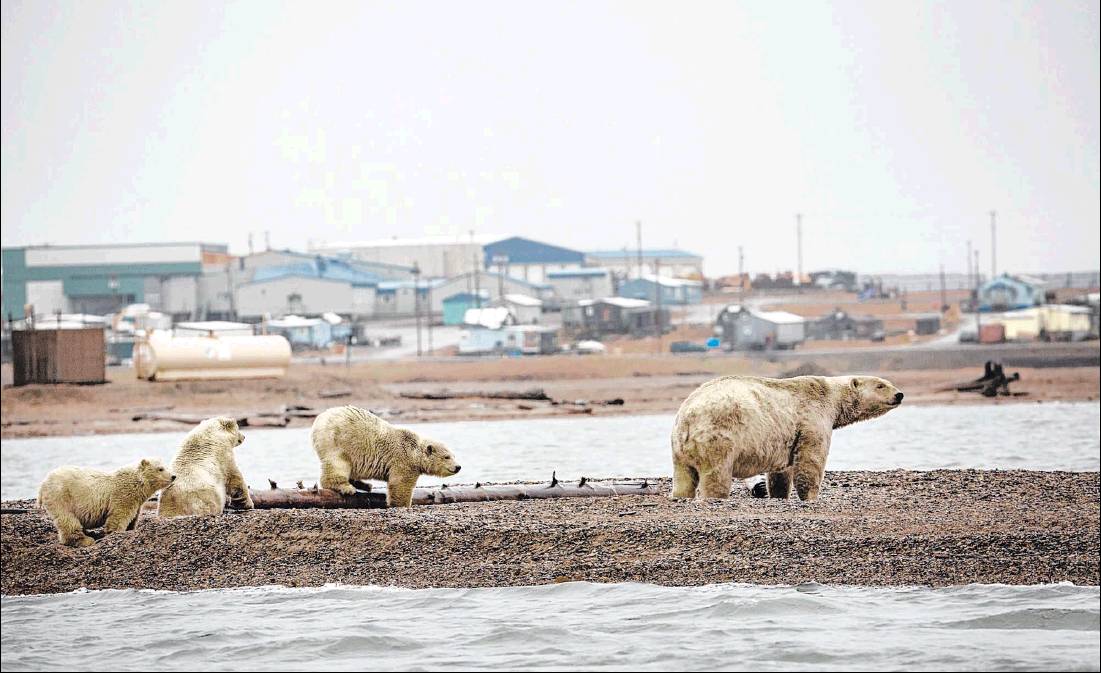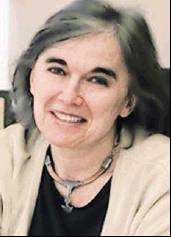Scientists must keep up pursuit of the truth
BY DR. MARLENE BELFORT For The Sunday Gazette
Most scientists are truth junkies.
Imagine our despair at climate skepticism or at the replacement of renowned physicists as U.S. Secretary of Energy by someone who has called for elimination of that agency.
Consider our despondency at learning that the Oxford Dictionary’s 2016 word of the year is “post-truth,” which implies that objective facts are less important than personal belief or political agenda.
The Brexit referendum and the 2016 presidential election popularized the word, “post-truth.”
These electoral events have left scientists demoralized because their currency — the truth — is being devalued. But it is the very facts that scientists continue to discover that will come to the rescue, because whereas mistruths drift and change, truths are fi xed and unassailable. They’re the foundation for our future.
As a scientist, a microbial geneticist and biochemist, I have felt at times demoralized and undermined by work-related setbacks, as I feel now in the post-truth era. But somehow my science has always managed to triumph in the long run.
While those rejected papers, unfunded grant applications, and unsympathetic science administrators took their emotional toll on me, the sense of loss, sadness and frustration was temporary. I took refuge in research.
That exercise was not only engrossing and calming, but also left me empowered by our discoveries, and the new truths that emerged from them.
As a scientific community, we need to similarly lean in to research. We need to be the scientifi c resistance, the force that drills for facts, individually and globally, adding to the knowledge that will carry us forward as we awake from the post-truth nightmare.
The result will again be a calmer view, a deeper reality, a fi rmer foundation of facts with which to blaze the trail to the future.
Despite an extremely tight funding climate there is a silver lining of resources that will become available to support research.
Fortunately, the US Congress passed and former President signed the 21st Century Cures Act on Dec. 13, with $4.8 billion awarded to the NIH for Cancer, Precision Medicine and Brain initiatives.
Congress will need to approve funding each year and we can only hope that this will facilitate research. Another positive piece of news was the award of $2.5 billion per year for research and development by 2020 in the UK. We must press on and transform our despair into action.
But we must be mindful of serious roadblocks. The perceived value of our trade to the new administration is low to non-existent.
For example, at a time when major cabinet posts have been fi lled, there is not yet a presidential science advisor to head the White House Offi ce of Science and Technology. We might have expected this, given the general atmosphere of science denial, particularly with respect to climate change.
The new head of the EPA is a science skeptic who has sued the agency in the past to block regulations that reduce greenhouse gas emissions that cause global warming. The bereft scientists and lovers of our planet must mobilize against this new reality.
It gets worse, for there are disquieting international ramifi cations to all of this.
There have been threats to withdraw from the 2016 Paris Climate Accords, where representatives of 195 nations reached agreement on lowering greenhouse gas emissions.
How will the most powerful country on Earth and one of the greatest contributors to climate change be viewed by those other 194 nations?
To add fuel to the fi re, scientific consensus on global warming was described as a Chinese hoax that was invented to harm US economic competitiveness. Of course, China has refuted these ridiculous allegations.
On the positive side, strengthening our international scientifi c collaborations, whereby we can work together to deliver joint scientifi c discoveries and make the world a better place needs to be high on the scientifi c agenda.
Perhaps most importantly, besides hunkering down to do our own work, we need to spread the scientifi c message in digestible form to society in general and to our children in particular.
We need to make them understand the value of science, which provides the basis to prevent and cure disease, to purify water and grow food, to invent for a bright economic future, and to help save the planet from lies.
Dr. Marlene Belfort is a distinguished professor at the University at Albany, SUNY, where her lab research focuses on the structure, function, and regulation of introns and inteins, along with their applications in biotechnology and infectious disease. She is a member of the U.S. National Academy of Sciences, a fellow of the American Academy of Arts and Sciences, and a fellow of the American Academy of Microbiology.

